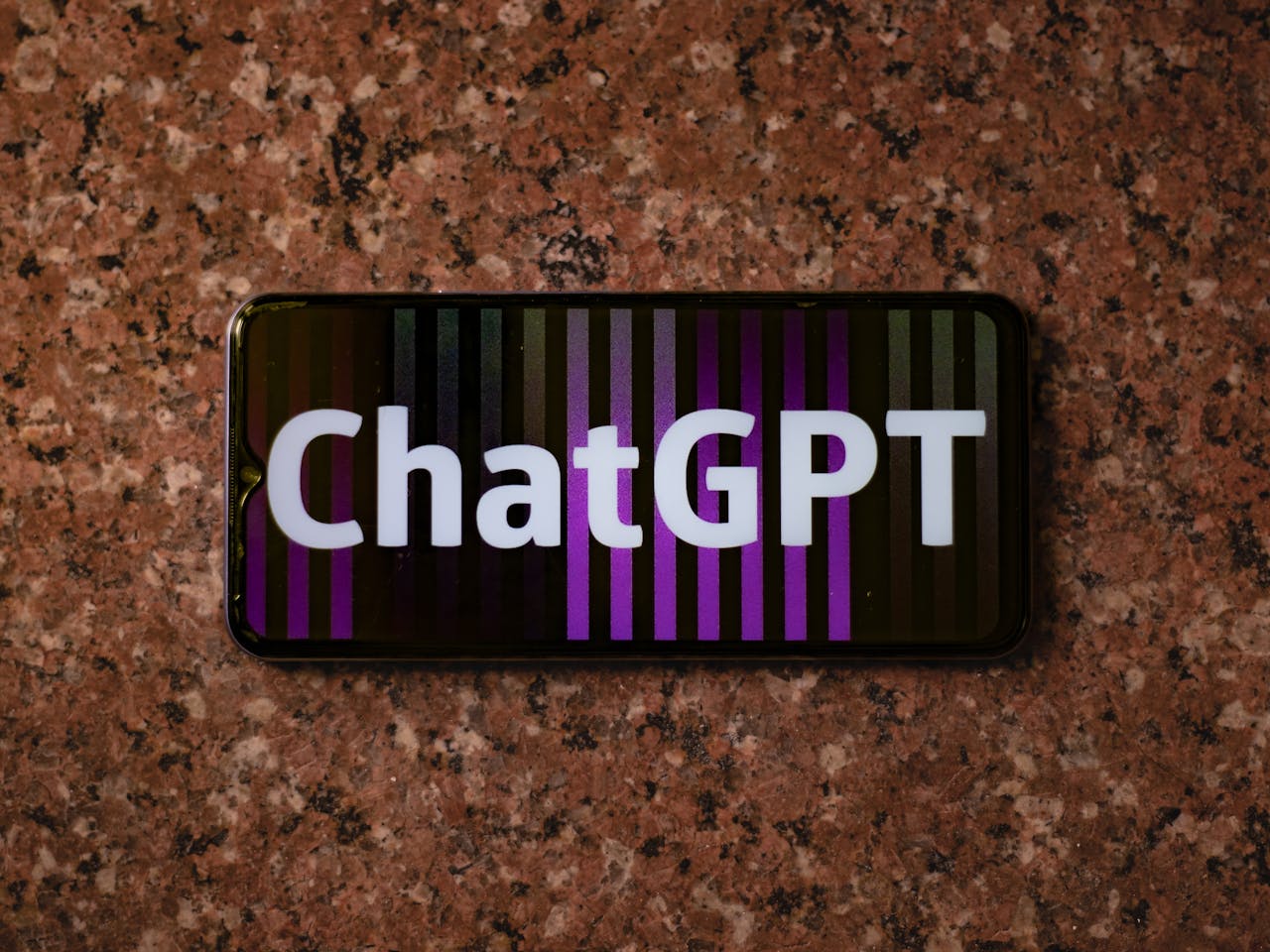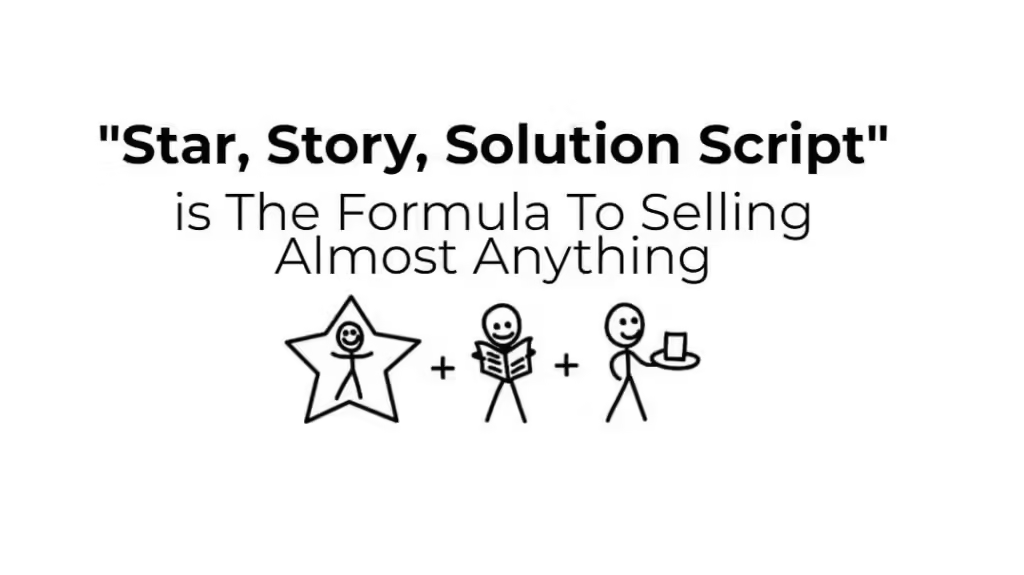Understanding the Basics of AI and ChatGPT
Artificial Intelligence (AI) has emerged as a transformative force across various industries, offering unprecedented capabilities to enhance business processes. At its core, AI refers to the simulation of human intelligence in machines that are programmed to think and learn like humans. These intelligent systems utilize complex algorithms and large datasets to perform tasks that typically require human intelligence, such as decision-making, problem-solving, and natural language processing.
Among the various applications of AI, natural language processing (NLP) stands out as particularly impactful for business operations. NLP enables machines to understand, interpret, and respond to human language in a valuable way. One of the most advanced NLP models available today is ChatGPT, developed by OpenAI. ChatGPT is a language model designed to generate human-like text based on the input it receives. Its capabilities include answering questions, creating content, and engaging in conversational dialogue, making it an invaluable tool for businesses.
ChatGPT operates through a mechanism known as “transformer architecture,” which allows it to generate coherent and contextually appropriate responses. By leveraging a vast amount of data, ChatGPT can understand nuances in language and provide detailed, accurate, and engaging text. This makes it particularly useful for tasks such as customer service automation, content creation, and personalized marketing communications.
For businesses, integrating ChatGPT into their processes can offer significant advantages. It can handle large volumes of customer inquiries, freeing up human resources for more complex tasks. Additionally, ChatGPT can assist in generating marketing content, such as blog posts, social media updates, and email campaigns, ensuring consistency and quality. By utilizing ChatGPT, businesses can enhance their online presence, improve customer satisfaction, and streamline their marketing efforts.
Understanding the basics of AI and the capabilities of ChatGPT is crucial for any business owner looking to leverage these technologies. As we delve deeper into the specifics of how ChatGPT can be utilized in online marketing, it becomes clear that the potential applications are vast and varied, offering a new frontier for growth and innovation in the digital landscape.
Identifying Key Areas in Online Marketing Where ChatGPT Can Be Applied
In the ever-evolving landscape of online marketing, the integration of AI technologies such as ChatGPT can significantly enhance various aspects of a business’s strategy. One of the primary areas where ChatGPT excels is in content creation. By generating high-quality, engaging content, businesses can maintain a consistent online presence. For instance, AI can produce blog posts, social media updates, and even email newsletters tailored to the target audience’s preferences. A case study from a small e-commerce business revealed that using ChatGPT for content creation increased their website traffic by 30% within three months.
Customer service is another critical area where ChatGPT can provide substantial improvements. AI-powered chatbots can handle a multitude of customer queries in real-time, offering quick and accurate responses. This not only enhances customer satisfaction but also frees up human resources for more complex tasks. An example from an online retail company showed that implementing ChatGPT-driven chatbots reduced response time by 50% and improved customer retention rates.
Market research is an essential component of any successful marketing strategy, and ChatGPT can streamline this process. By analyzing vast amounts of data, ChatGPT can identify trends, consumer preferences, and competitive insights. This allows businesses to make data-driven decisions more efficiently. A notable example comes from a digital marketing agency that utilized ChatGPT to analyze social media trends, resulting in more effective ad campaigns and a 20% increase in ROI.
Personalized marketing is another domain where ChatGPT can make a significant impact. By leveraging AI, businesses can create highly personalized marketing messages that resonate with individual consumers. This level of customization can lead to higher engagement rates and improved conversion rates. For instance, a subscription-based service used ChatGPT to personalize email campaigns, leading to a 25% increase in subscriber growth.
By identifying these key areas—content creation, customer service, market research, and personalized marketing—business owners can strategically implement ChatGPT to enhance their online marketing efforts. The examples and case studies provided illustrate the tangible benefits and potential for growth that AI integration can bring to various marketing aspects.
Steps to Implementing ChatGPT in Your Marketing Strategy
Integrating ChatGPT into your marketing strategy begins with selecting the right tools and platforms. Start by identifying the specific marketing needs of your business. This may include customer service, content creation, or lead generation. Once the requirements are clear, research and choose a ChatGPT provider that aligns with these needs. Popular platforms like OpenAI offer comprehensive solutions for various business applications.
After choosing a suitable platform, the next step is to train the AI model. This involves feeding the model with data relevant to your business. This data can include historical customer interactions, product descriptions, and marketing materials. The goal is to ensure that ChatGPT understands the context and nuances of your business. Customizing the AI model to reflect your brand’s voice and tone can significantly enhance its effectiveness.
Integrating ChatGPT with existing marketing tools is crucial for seamless operations. Ensure that the AI can communicate with your CRM, email marketing software, and social media management tools. This integration allows for a unified approach to managing customer interactions and marketing campaigns. Use APIs and automation to streamline data flow between these systems, reducing manual efforts and improving efficiency.
Ongoing management and optimization are essential to maintain the AI’s performance. Regularly monitor ChatGPT’s interactions and feedback. Analyze the data to identify areas for improvement. Adjust the training data and parameters to refine the AI’s responses continually. Periodic retraining ensures that ChatGPT adapts to evolving market trends and customer preferences.
Practical tips for successful implementation include starting with a pilot project to test the AI’s capabilities. Gather insights from this initial phase to make necessary adjustments before full-scale deployment. Additionally, involve your marketing team in the process. Their expertise can provide valuable input, ensuring that the AI aligns with your overall marketing strategy.
By following these steps, business owners can effectively integrate ChatGPT into their marketing strategies, leveraging AI to enhance customer engagement and drive business growth.
Measuring the Impact and ROI of Using ChatGPT in Marketing
The integration of AI tools like ChatGPT into online marketing strategies necessitates a robust framework for tracking and measuring success. Identifying and monitoring key performance indicators (KPIs) is crucial for understanding the effectiveness and return on investment (ROI) of these AI-driven initiatives. This section outlines essential KPIs and methods for calculating ROI, enabling business owners to make informed, data-driven decisions.
First and foremost, engagement rates are a vital KPI to monitor. These rates include metrics such as the number of interactions with AI-generated content, time spent on the website, and social media engagement. By evaluating these metrics, business owners can gauge how effectively ChatGPT is capturing and retaining audience attention.
Lead generation is another critical KPI. Tracking the number of leads generated through AI interactions provides insight into the tool’s ability to attract potential customers. Metrics such as the number of form submissions, email sign-ups, and inquiries stemming from AI-driven content can help quantify its impact on lead generation efforts.
Customer satisfaction is equally important. To measure this, business owners can utilize surveys and feedback forms to gather customer opinions on their interactions with ChatGPT. High levels of customer satisfaction often translate to increased loyalty and repeat business, making it a pivotal metric for long-term success.
Conversion rates are perhaps the most telling KPI of all. This metric measures the percentage of users who complete a desired action, such as making a purchase or signing up for a service, after interacting with ChatGPT. Higher conversion rates indicate that the AI tool is effectively guiding users through the sales funnel towards a final transaction.
Calculating the ROI of using ChatGPT involves comparing the costs of implementing and maintaining the AI tool against the revenue generated from AI-driven marketing activities. Business owners should consider both direct costs, such as software subscriptions and development fees, and indirect costs, like training and integration time. By analyzing these factors in conjunction with the aforementioned KPIs, business owners can ascertain the financial benefits of their AI investments.
Understanding these metrics allows for continuous refinement and improvement of AI-driven marketing strategies. By leveraging data insights, business owners can optimize their use of ChatGPT, ensuring sustained growth and enhanced marketing performance.



